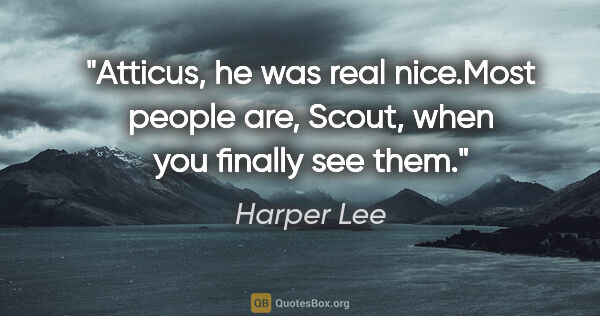Most Quotes (page 424)
On the way from the Renaissance to our days we have enriched our experience, but we have lost the concept of a Supreme Complete Entity which used to restrain our passions and our irresponsibility. We have placed too much hope in political and social reforms, only to find out that we were being deprived of our most precious possession: our spiritual life. In the East, it is destroyed by the dealings and machinations of the ruling party. In the West, commercial interests tend to suffocate it....
Aleksandr Solzhenitsyn
Maybe even more important than the D.B.P. [Divine Brotherhood of Pythagoras], -wise is the protomystic Parmenides of Elea (c.515-? BCE), not only because of his distinction between the 'Way of Truth' and 'Way of Seeing' framed the terms of Greek metaphysics and (again) influenced Plato, but because Parmenides' #1 student and defender was the aforementioned Zeno, the most fiendishly clever and upsetting philosopher ever (who can be seen actually kicking Socrates' ass, argumentatively speaking,...
David Foster Wallace
I’ve alway been struck by how little adults understand children, even their own fathers and mothers. Nothing should be kept from children on the pretext that they’re little and it’s too soon for them to know. Such a sad, wretched idea! Children themselves are well aware that their parents regard them as as too small and uncomprehending, when actually they understand everything. Adults don’t realize that children can give extremely valuable advice in the most difficult situations. Heavens!...
Fyodor Dostoevsky
The 'swapping' is interesting. This practice one had thought confined to certain earnest Americans in the smaller, more tedious cities, to those wives and husbands who had read sex manuals and radically wanted more of life even if it had to be, like pizza, brought in from around the corner--all of this was accomplished by Bloomsbury in the lightest, most spontaneous and good-natured manner.
Elizabeth Hardwick
If the immediate and direct purpose of our life is not suffering then our existence is the most Ill-adapted to its purpose in the world: for it is absurd to suppose that the endless affliction of which the world is everywhere full, and which arises out of the need and distress pertaining essentially to life, should be purposeless and purely accidental. Each individual misfortune, to be sure, seems an exceptional occurrence; but misfortune in general is the rule.
Arthur Schopenhauer


